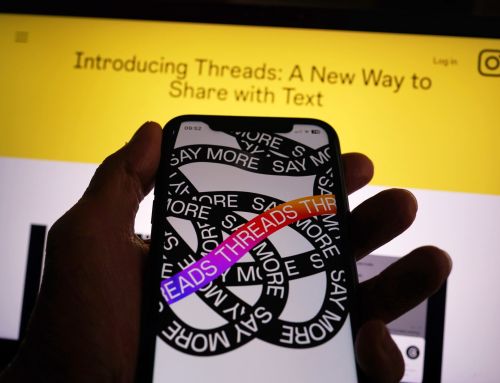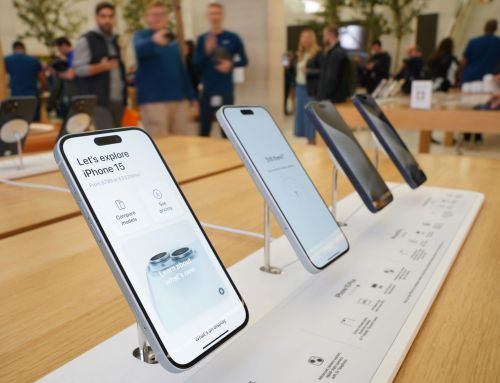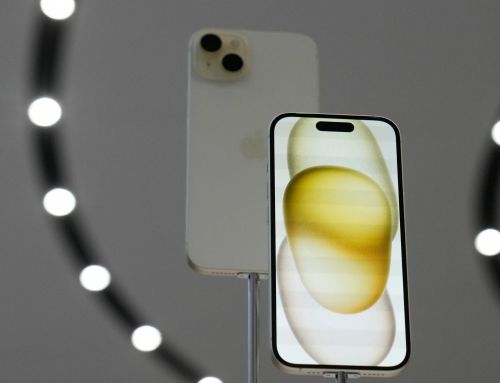Smart devices capable of detecting disease, wearables that can be controlled using thought and connectivity built into trees to help track climate change could all be mainstream technology by 2030, according to a new report.
The Connected Consumer 2030 study, released by Vodafone and The Future Laboratory, and featuring input from industry experts, has examined how technology will influence key areas such as healthcare, sustainability, climate change and transport over the next decade.
It predicts that in the wake of the pandemic and increased focus on public healthcare, by 2030 smart home devices could be equipped to proactively monitor a user’s health, for example, smart mirrors able to spot abnormal changes in skin colour or smart speakers that can automatically request a prescription if they detect the sounds of coughs and sneezes.
The report also says that by the end of the decade, wearable devices could have advanced to the stage where they can detect the brain signals made when people “say” words in their head, meaning devices could be given commands without users having to speak aloud.
Further predictions in the study suggest connectivity could be built into trees, grasslands and even oceans to better allow the impact of regeneration schemes to be monitored and potential climate threats assessed, and the wide usage of autonomous vehicles for transportation.
“Over the past two years connectivity has become part of the fabric of our daily lives, helping people stay close to the people and things that matter most to them and solve everyday challenges,” Lutfu Kitapci, managing director of Vodafone Smart Tech said.
“The findings within The Connected Consumer 2030 Report highlight just how the pace of transformation is growing, and how we will sit at the heart of it with our connectivity solutions to help governments, businesses and consumers tackle major societal challenges.”






